Search
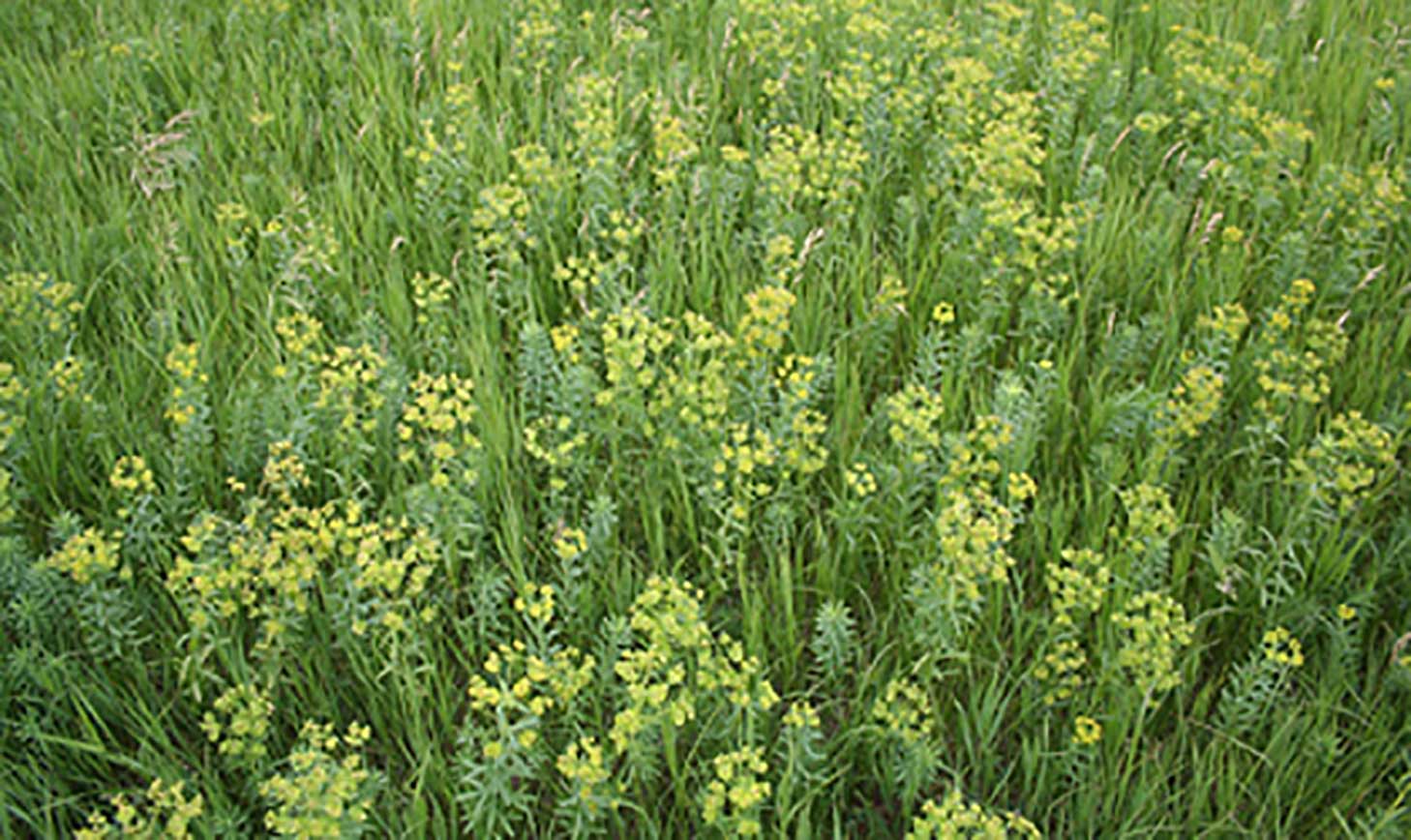
Spot Treatment Options for State Noxious Plants
When controlling grassland weeds, the mindset of row crop weed control may be put into practice too often. In most cases, broadcast control of weeds in grasslands is rarely necessary. Most often, spot treatment can be used more effectively to manage the noxious and invading weeds.
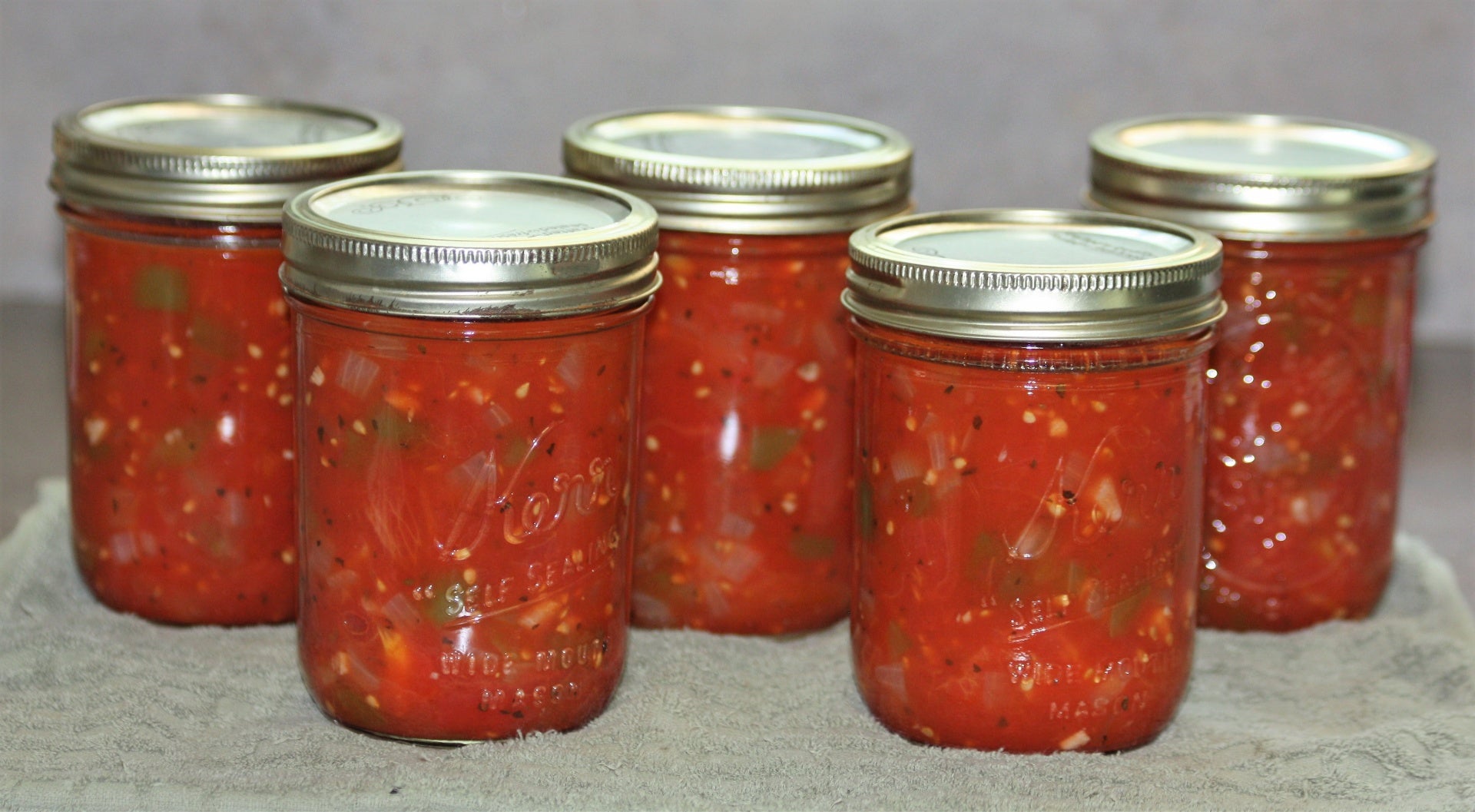
Canning Tomatoes Safely
Home canning tomatoes is a great way to preserve them for later use. It is critical to use proper methods of heat processing to ensure a safe finished product.
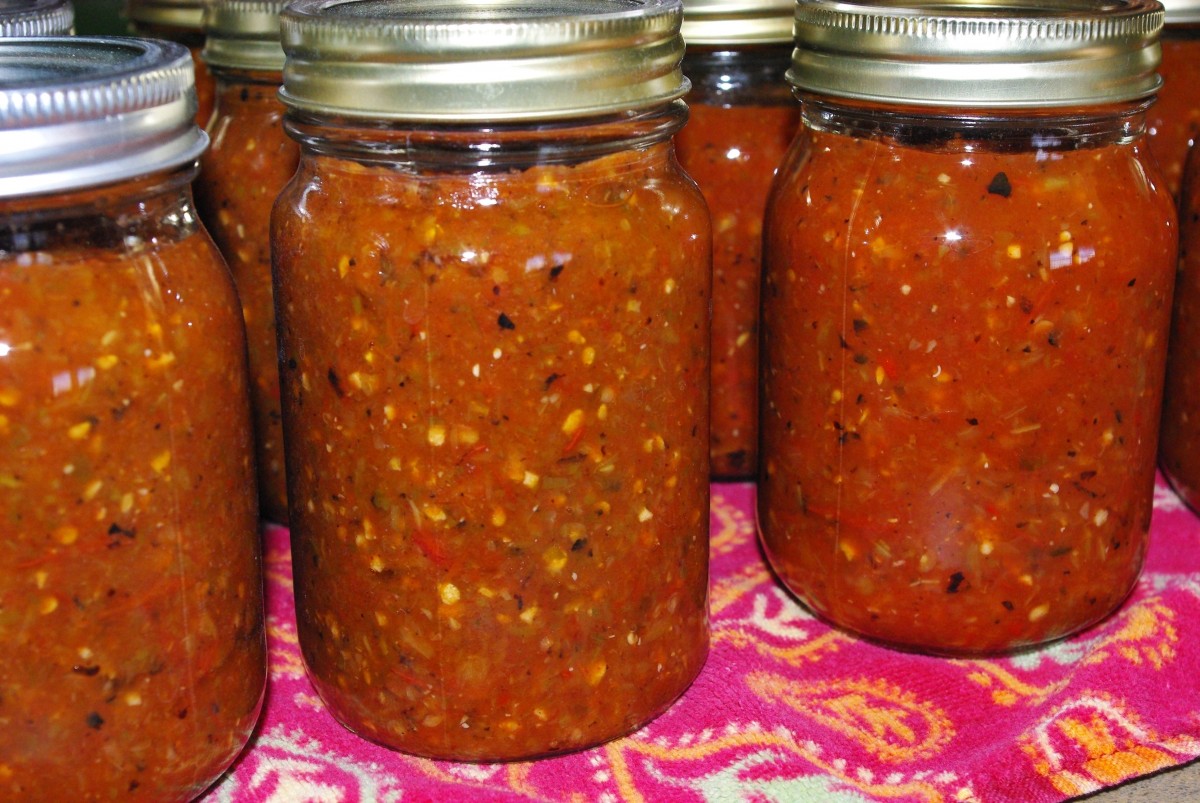
Canning Tomato-Vegetable Mixtures
Tomatoes are unique when it comes to home canning recipes. Some tomato and vegetable recipes recommend using a boiling water bath canner, some recipes recommend a pressure canner, and some recipes offer both options.
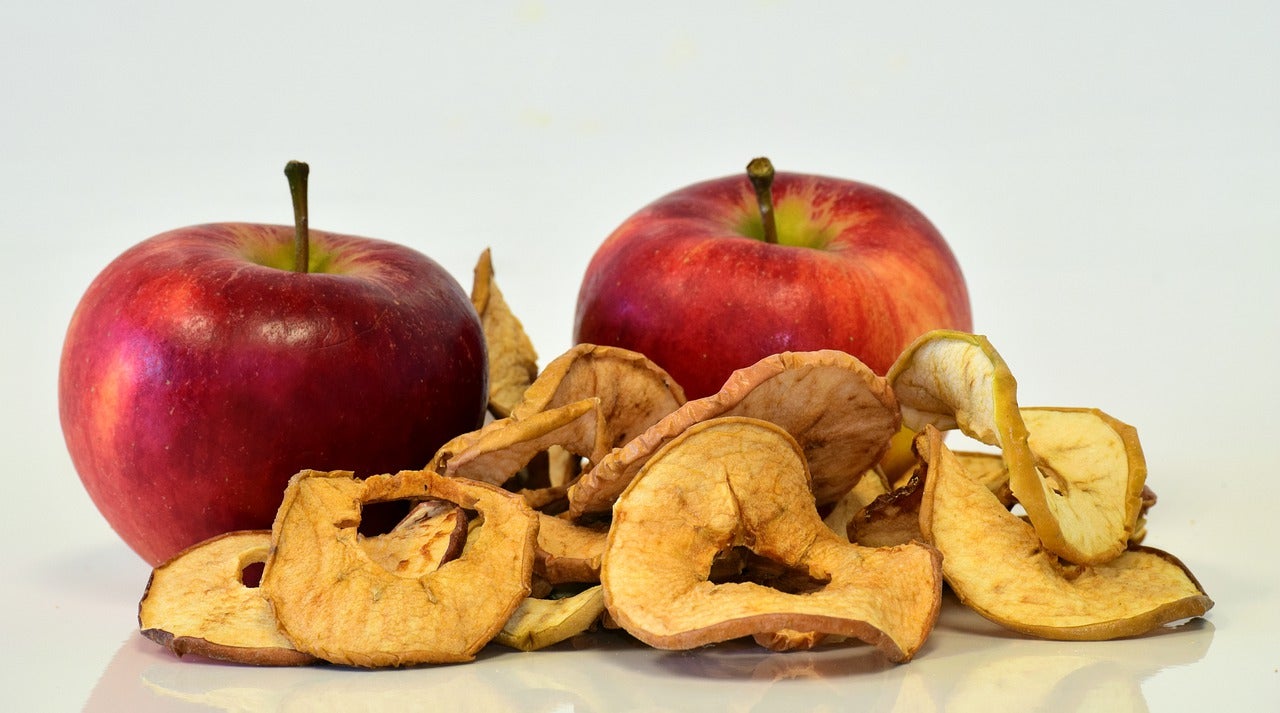
Dehydrating Apples
A food dehydrator is a good choice for drying apples and can be used at any time. It is a small appliance that has an electric element for heat with a fan and vents for air circulation.
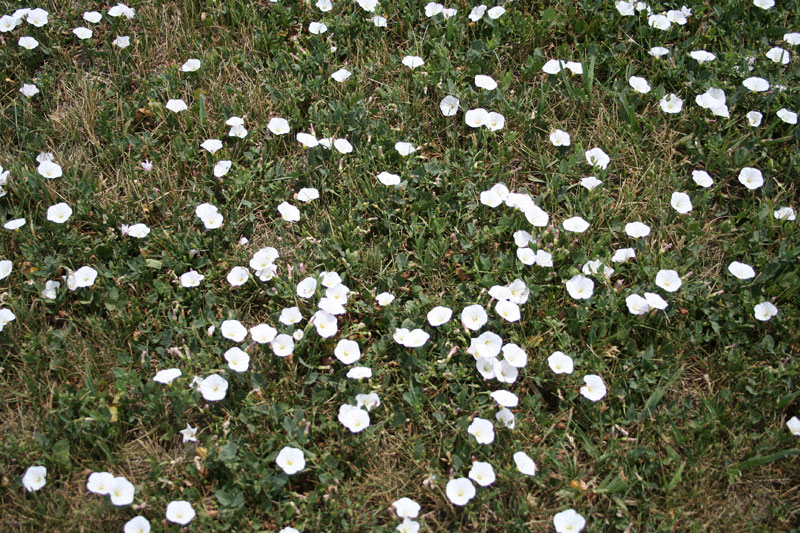
2018 Weed Control Noxious Weeds
Noxious Weed Recommendations: Herbicides for pasture, range, and non-crop areas, including roadside and other right-of-way that may be harvested for hay or grazed, are given a priority.
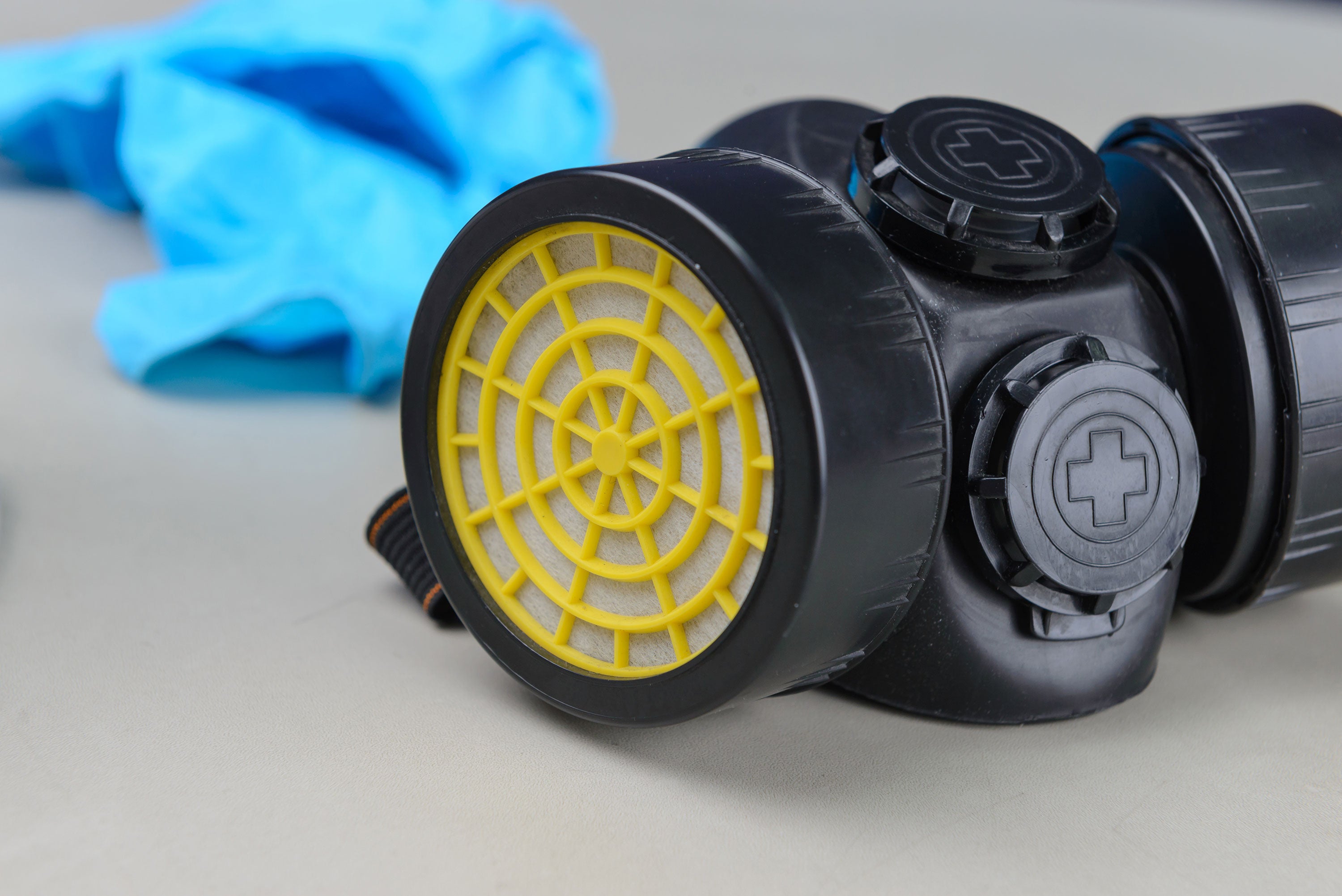
Wearing a Respirator? Then No Facial Hair for You!
At commercial or private applicator re-certification trainings, it is possible to hear the phrase, “Don’t wear a respirator if you have facial hair!” Facial hair, whether a full beard or stubble, may prevent respirators from sealing to the skin or interfere with their valve function.
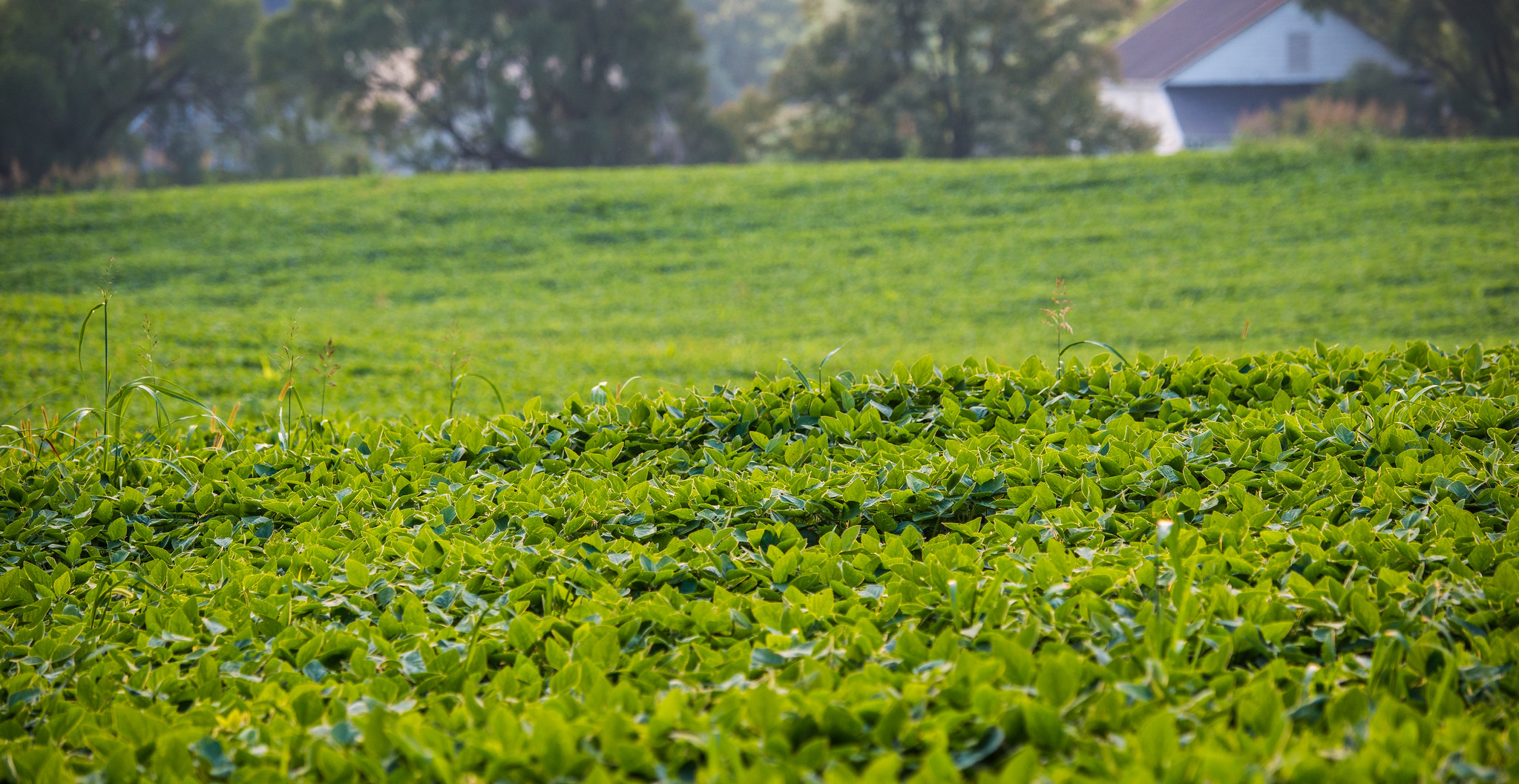
Soybean Growers Sought for On-Farm Research Program
We want you! SDSU Extension and the South Dakota Soybean Research and Promotion Council are seeking South Dakota Soybean Growers willing to participate in a farmer-led on-farm research program.
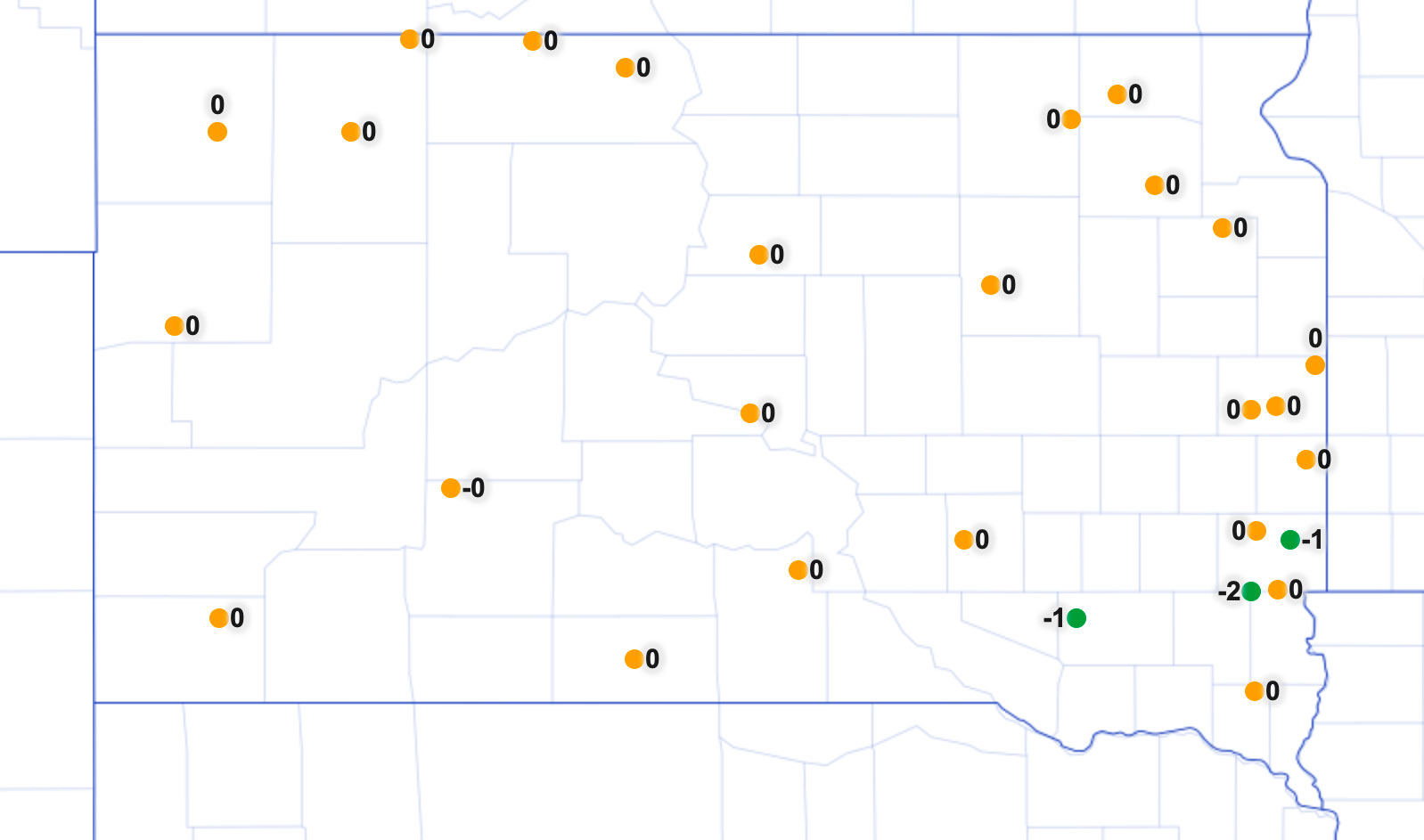
Use the SD Spray Tool for Inversion Detection and Weather for Pesticide Application
The SD Mesonet Spray Tool provides real-time weather data for pesticide applicators. This dedicated website for pesticide applicators uses the SD Mesonet weather data, which is updated every five minutes.
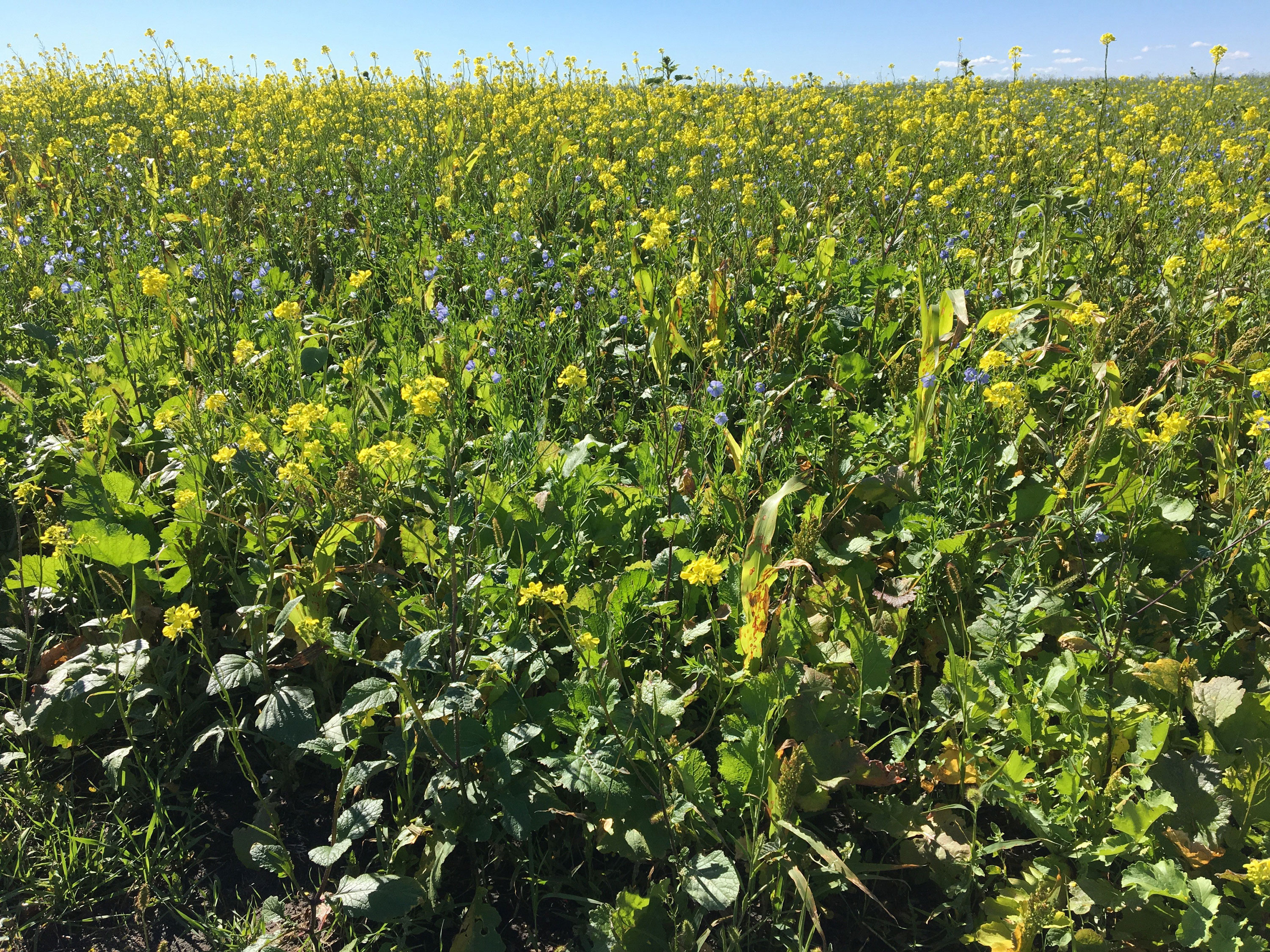
Herbicide Considerations for Cover Crop Planting in 2019
Long residual pre-emergent or early post-emergent herbicides may cause stand reduction or complete failure of cover crops. Depending on efficacy of the herbicide, each situation can both affect in-season and/or post-harvest cover crop establishment.

South Dakota Herbicide Damage
As the spray season starts, it is always good to be aware of resources and testing facilities where you can send in possible herbicide-affected plant samples. SDSU Extension offers suggestions on how to handle possible herbicide damage situations as well as recommended labs that receive plant matter samples to test for herbicide residues.